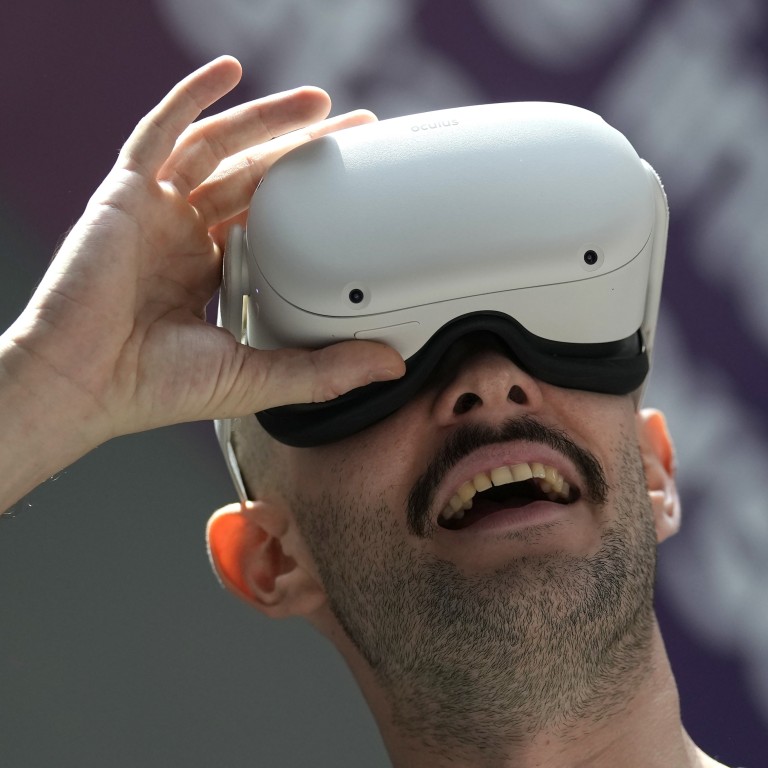
The metaverse has failed? It never even took off
- Meta’s big bet on the ‘next chapter of the internet’ has not paid off, while Microsoft has dismantled its Industrial Metaverse Core Team and Tencent no longer plans to make the hardware. What went wrong?
This time last year, Mark Zuckerberg, Meta’s CEO, called the metaverse, “the next chapter of the internet” – a chapter he and his colleagues were going to write.
Twelve months on, that chapter remains unwritten. The promises are still plentiful. But, as they say, talk is incredibly cheap.
Jemma Kelly, a columnist at the Financial Times, recently urged her readers to type “metaverse” into Google Trends. So I did. According to Kelly, “search traffic for the word has collapsed by about 80 per cent over the past year or so”. She’s right, it has.
This probably explains why Zuckerberg, who until very recently was waxing lyrical about the metaverse, now says that virtual space is no longer Meta’s top priority (imagine Elon Musk insisting that space exploration was no longer a top priority for SpaceX).
Today, rather remarkably, Meta, once one of the biggest tech companies in the world, isn’t even in the top 20 most valuable US companies. Suffice to say its bet on the metaverse hasn’t quite paid off.
Zuckerberg isn’t the only major tech guru guilty of overselling the metaverse. Last year, the executive chairman and CEO of Microsoft, Satya Nadella, insisted the metaverse had arrived: it’s “not only transforming how we see the world but how we participate in it – from the factory floor to the meeting room”.
Last October, the multinational tech colossus established the “Industrial Metaverse Core Team” to help transition the company and its customers into the virtual unknown. Just a few months on, Microsoft has reportedly pulled the plug; the core team has been dismantled.
As I write this, Tencent, one of the biggest tech companies in China and the biggest video game company in the world, is abandoning its plans to create hardware for the metaverse.
What went wrong?
Benjamin Mayo, a tech expert who was one of the very first influential thinkers to ridicule the idea of the metaverse, told me that nobody really wants to enter this brave new world, simply “because the means to access it – the headsets – are unwieldy and fraught with downsides like short battery life, cost, aesthetics and ergonomics”. As for the actual place you can visit, the so-called “metaverse”, it is “low fidelity and there’s not much to do that couldn’t be achieved more efficiently with a video call”.
Metaverse must prove real-world worth before being called true innovation
Moreover, he added, “you also have the closed ecosystem issue where each manufacturer is trying to make their own independent, isolated world. Nothing has critical mass to warrant its existence”. Until all of this changes, Mayo believes the metaverse will remain a fundamentally flawed concept, a “place” that will continue to offer people very few (if any) compelling reasons to invest hundreds of dollars in wearable tech to visit.
By the end of the decade, we were all supposed to be living in the metaverse. In reality, by 2030, according to Mayo, the internet will “probably look very similar to what it looks like today”. The smartphone, not some clunky headset, “will still be the primary device for almost everyone”.
The metaverse may not be completely dead, but it’s certainly far from alive. And, if we’re being honest, that’s probably a good thing for humanity.
John Mac Ghlionn is an essayist and crypto commentator. Follow him on Twitter @ghlionn


